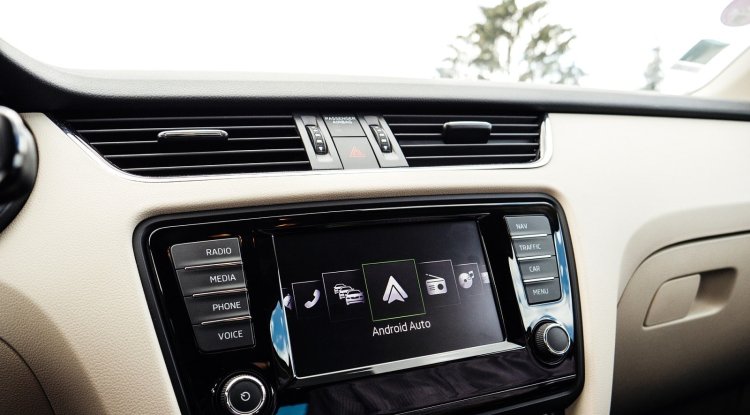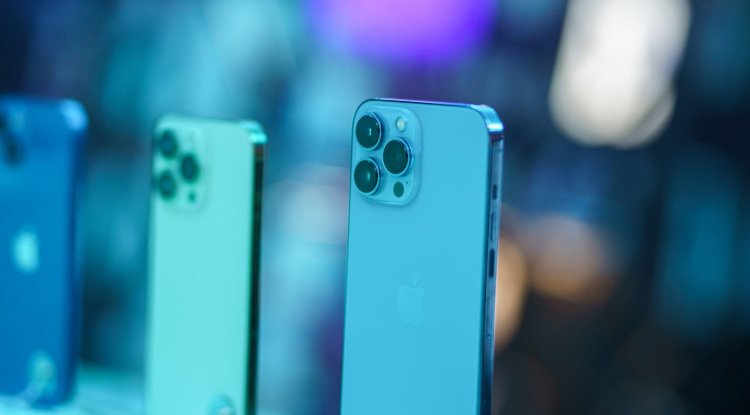Android Auto is going completely wireless in the near future
The technology giant told its component suppliers that demand for its largest, most important and leading product weakened just before the holiday season.

Android Auto often has a problem with the connection between the mobile device and the main unit, and in most cases the culprit is the cable.
 The mobile industry is slowly but surely moving towards a wireless future
The mobile industry is slowly but surely moving towards a wireless future
Of course, no one understands why cables that used to work well can become completely useless a second later, and the general recommendation is that the best way to stick to a high-speed cable that is certified for fast charging. However, choosing the right cable for Android Auto has been a big challenge for so long. And in some cases, even the cables that come in the box with phones like the Samsung Galaxy S models don't work properly, so at the end of the day, finding a setup that just does its job is much harder. The good news is that the future of Android Auto is almost certainly wireless.
Obviously, switching from wired to wireless would not happen overnight, which is not possible, considering how many cars currently require a cable to run Android Auto. However, soon most car brands would start equipping their Android Auto models with a wireless network, and Google itself would also start insisting on this mode. And right now, there are two big reasons why the transition from wired to wireless is almost inevitable on the front of Android Auto. First of all, it is an additional convenience combined with a reduced probability of connection problems.
Google also wants to give users a more seamless experience when running Android Auto in their cars, and of course, users for their part also want everything to work when their mobile devices connect to the headunit. It seems that Google is already favoring the wireless version of Android Auto, and the company recently revealed that this mode is currently supported in 100 million cars.
And without a doubt, the number is even higher considering that there are many main units that support Android Auto wireless connection, but which are installed as accessories. The second reason is partly related to Google's long-term plans. The mobile industry seems to be slowly but surely moving towards a wireless future
And Apple is again the company that seems to be leading this transition. Apple is believed to be working on an iPhone without a port, and as has happened with many other controversial changes made by the iPhone maker, there is a chance that a similar approach will be adopted by others - including Google, Samsung and other Android makers.
So that in the end the phones we buy, regardless of the platform they use, will have zero ports. In this case, wireless Android Auto will be the only option anyway, so by favoring a cordless experience and working with car manufacturers to make it available on more cars, Google seems to be preparing for this big new trend.
As mentioned earlier, the transition from wired to wireless would not happen suddenly, so for now, wired Android Auto is here to stay. But on the other hand, there is no doubt that switching to a wireless connection is only a matter of time, and while some manufacturers of Android devices might try to resist the new trend, everyone will give in sooner or later. It is rumored that Apple could introduce the iPhone without a port in 2022 or 2023, so by the end of this decade, most new devices will probably give up wires.





































